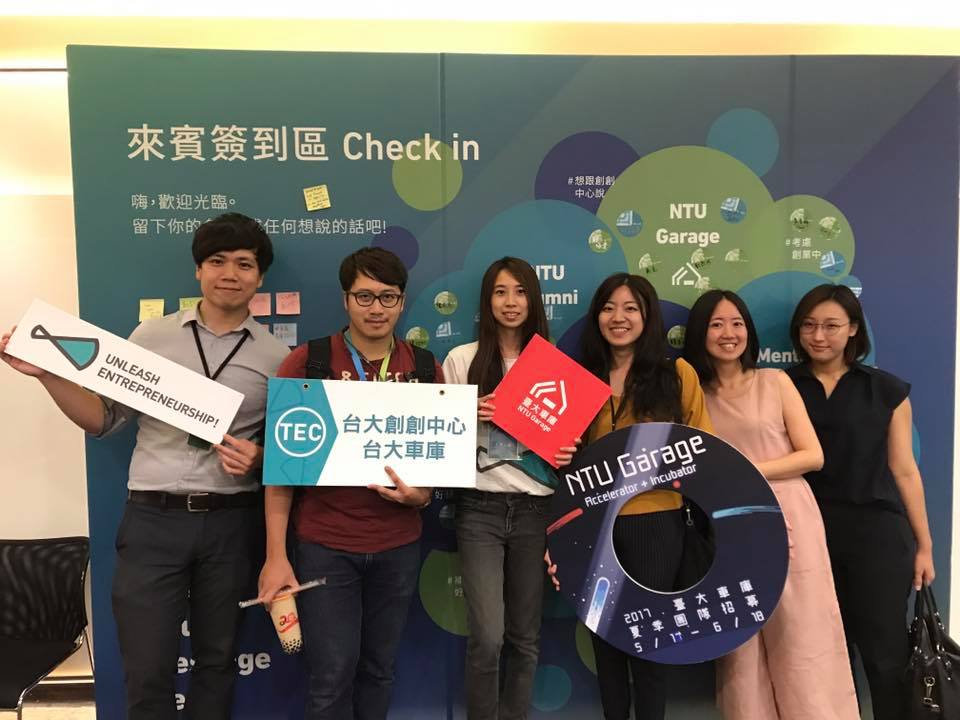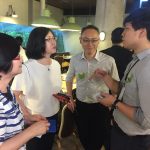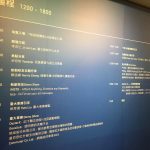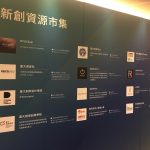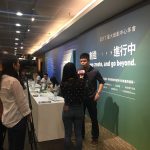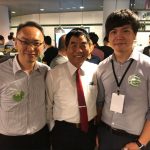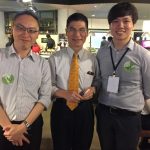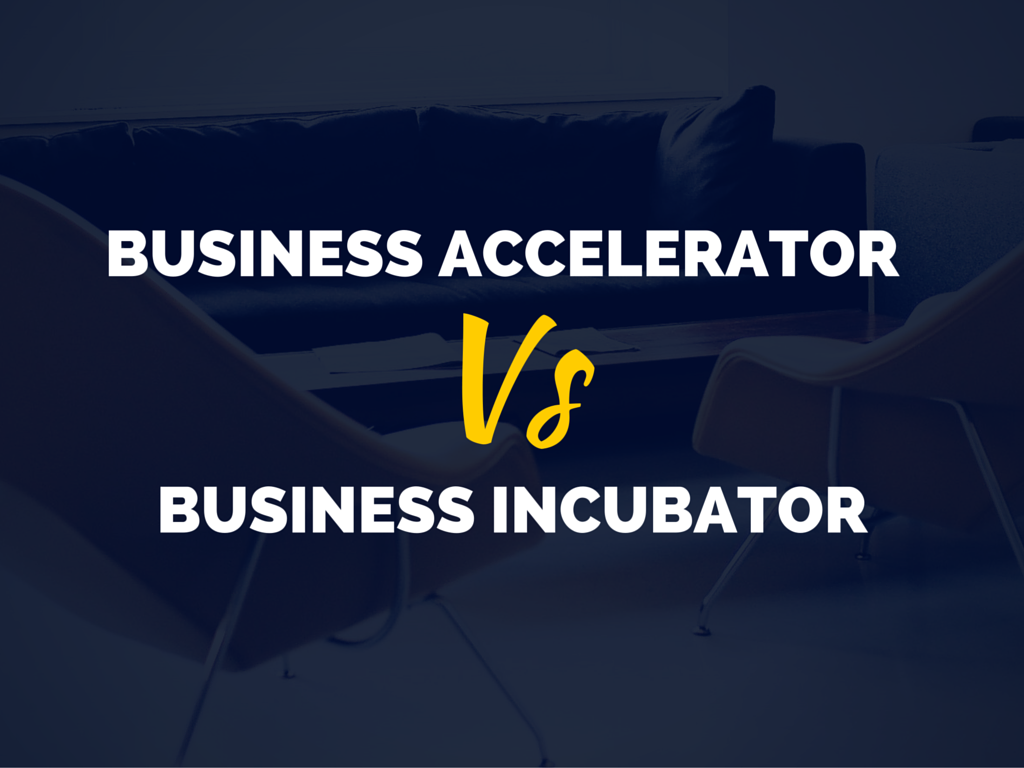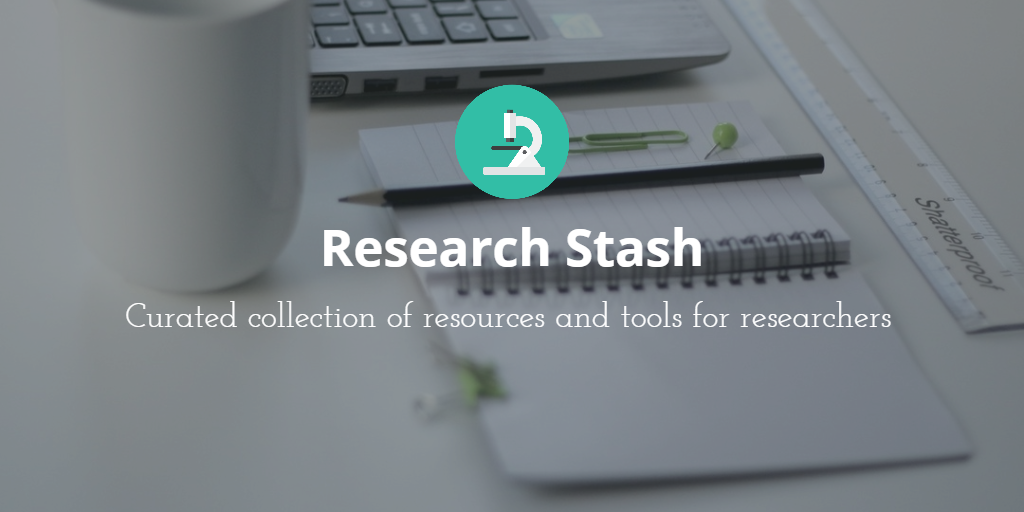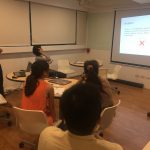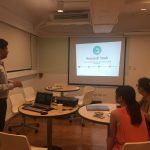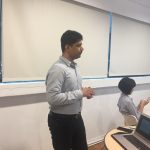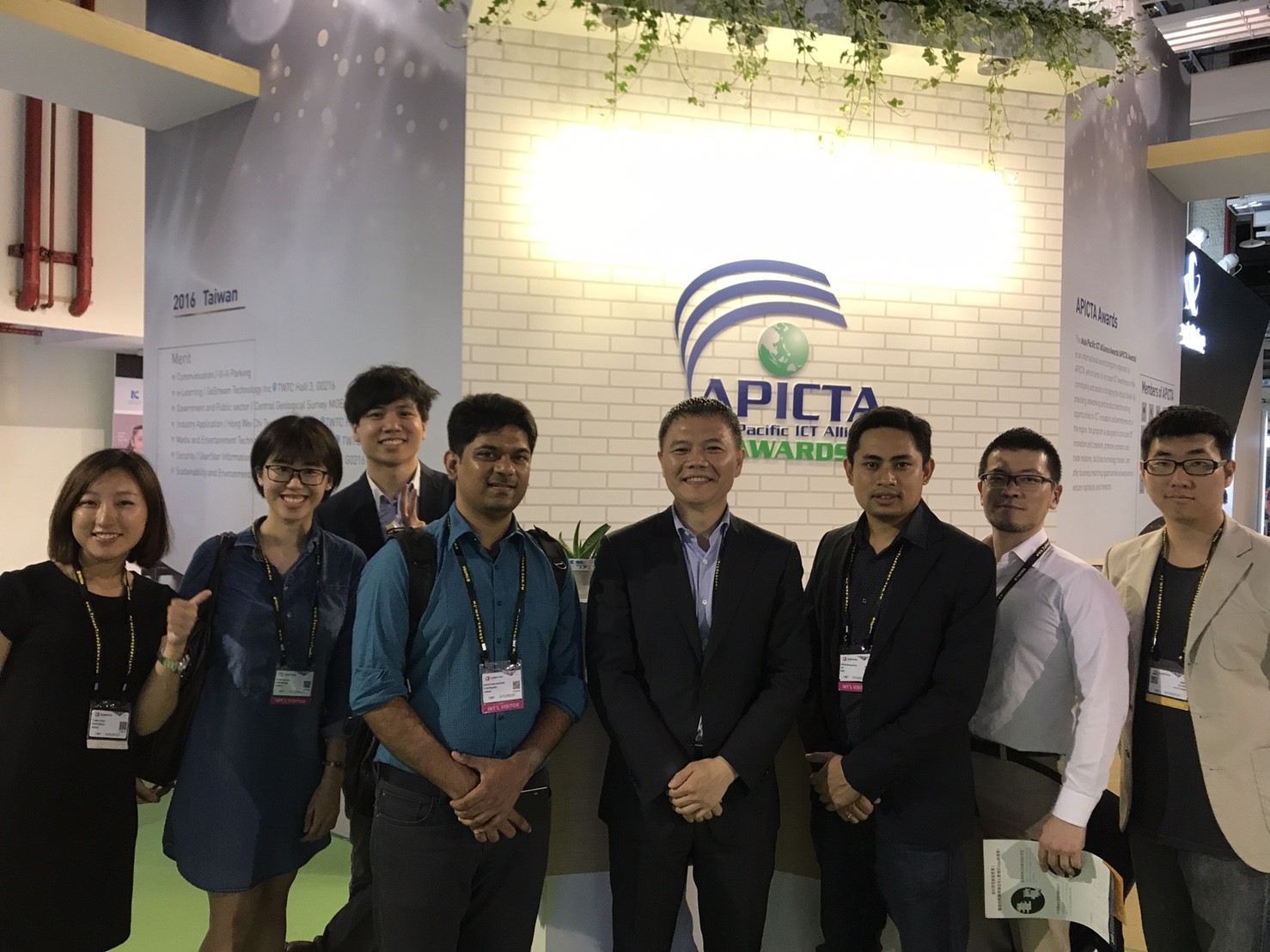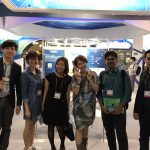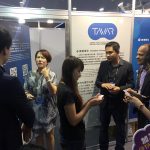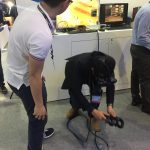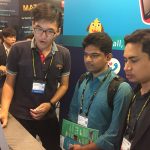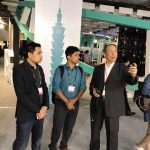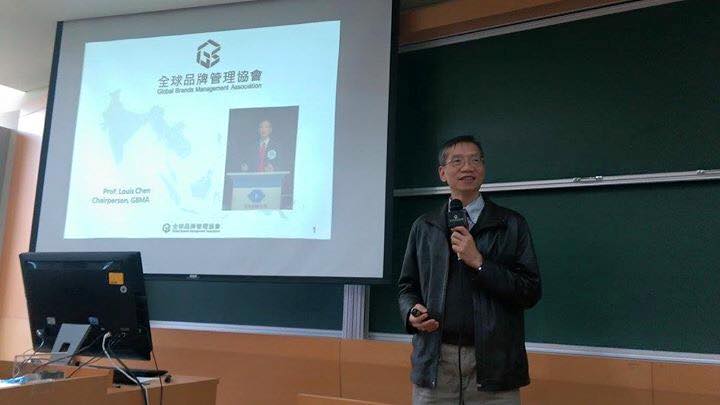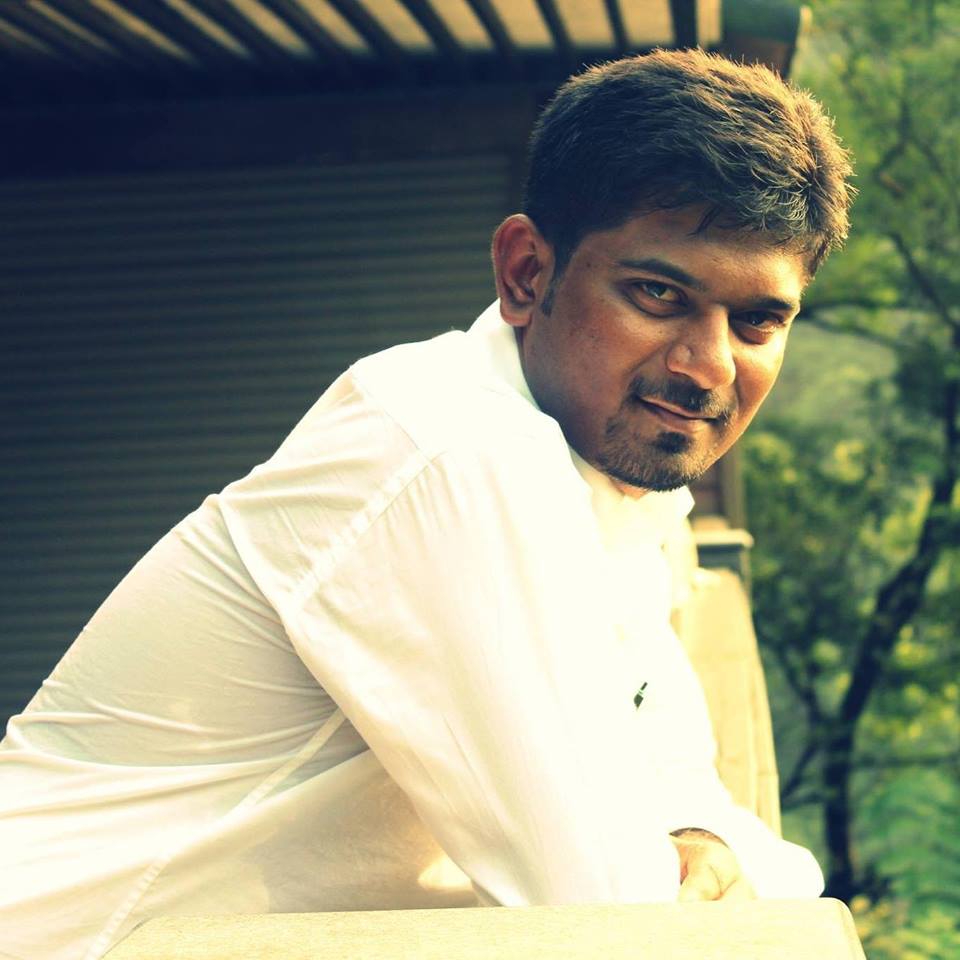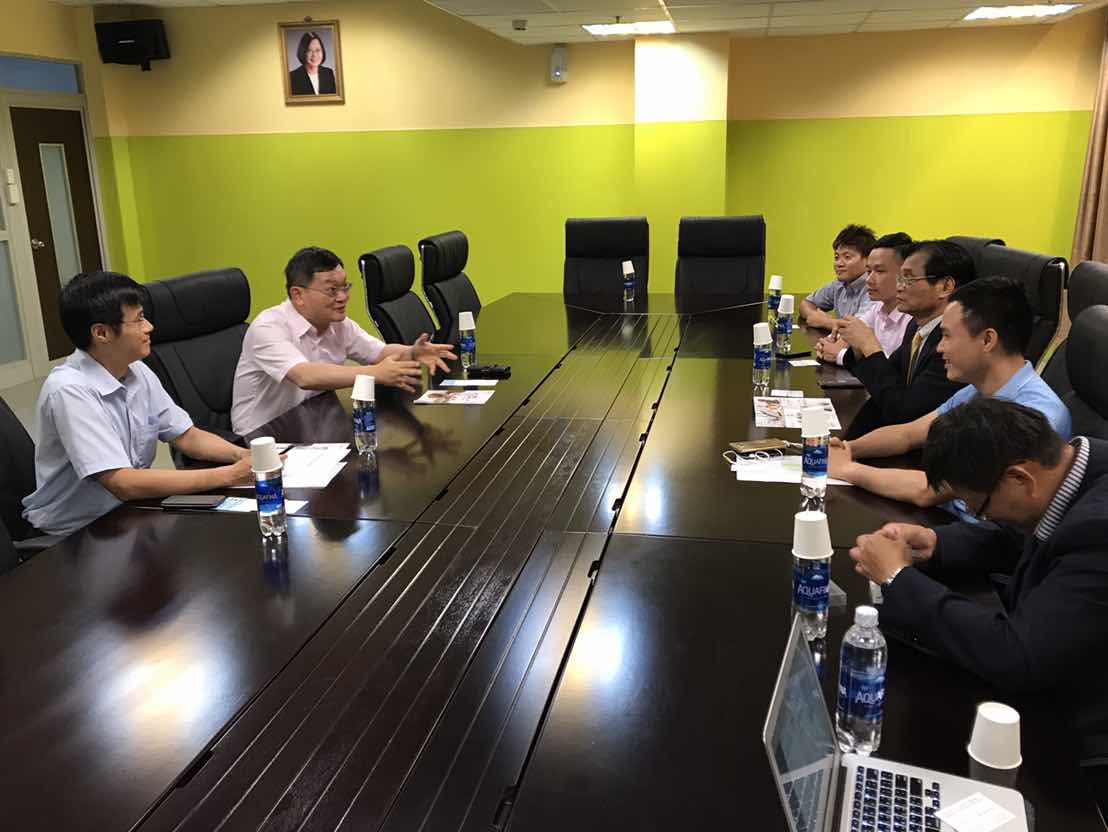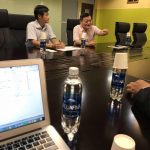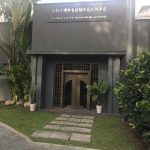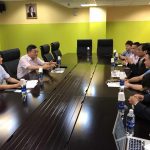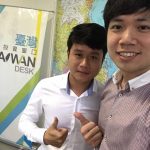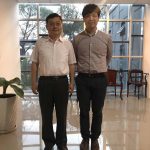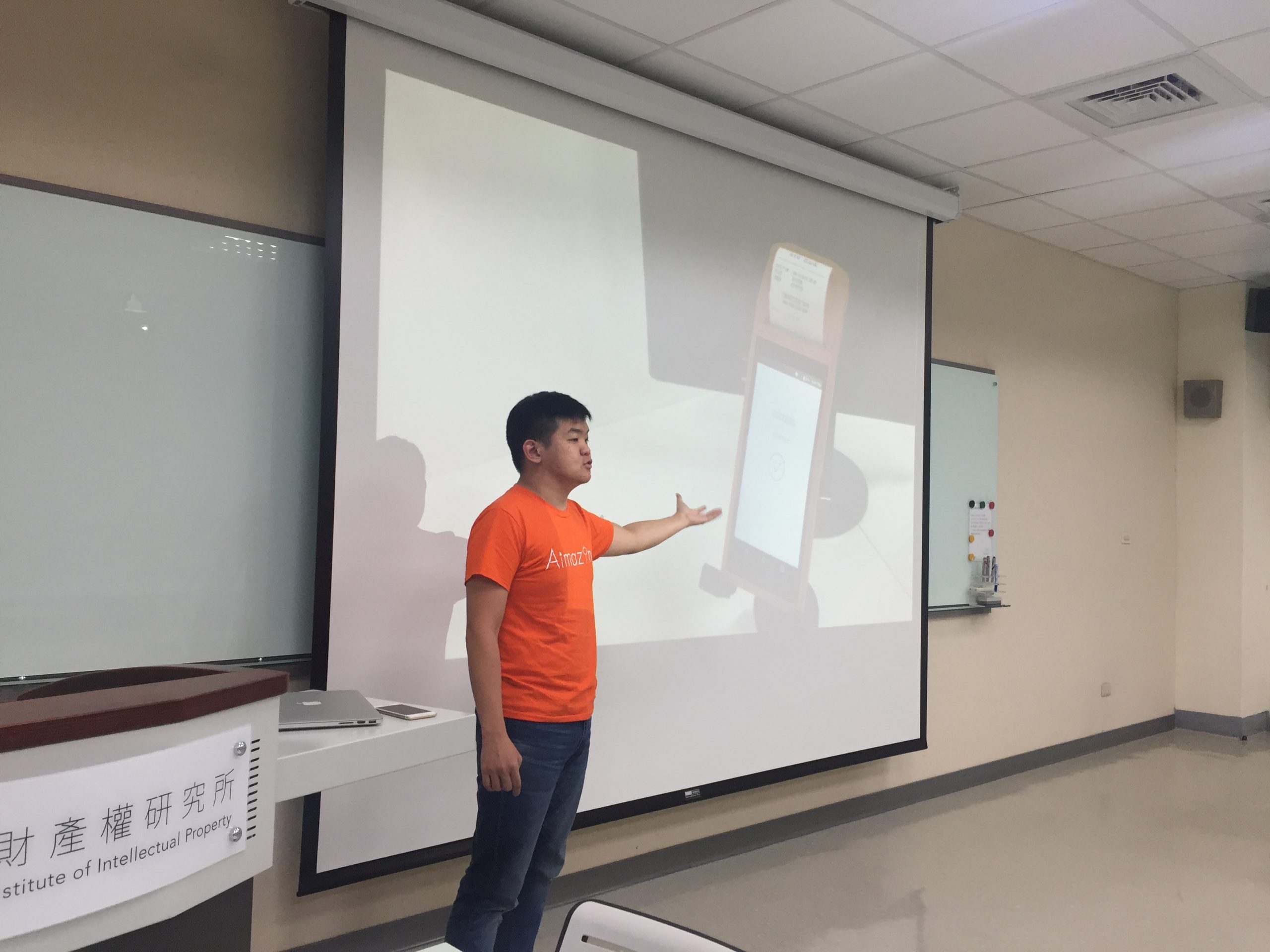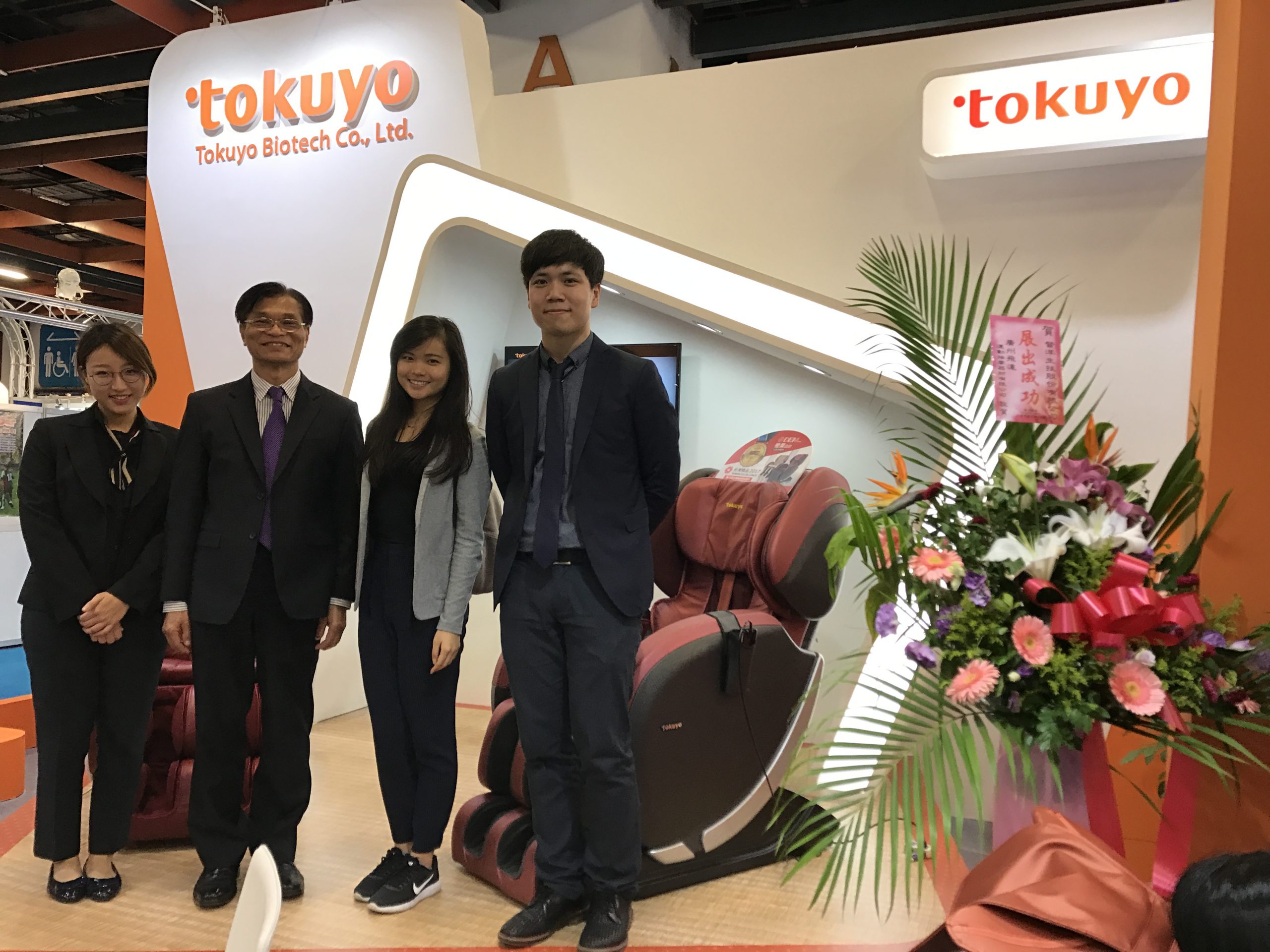Author: Conner Forrest, who is a Senior Editor for TechRepublic. He covers enterprise technology and is interested in the convergence of tech and culture.
Reference Link: https://www.techrepublic.com/article/accelerators-vs-incubators-what-startups-need-to-know/
Startup founders looking to start off on the right foot often turn to a startup accelerator or startup incubator for help.
The terms “accelerator” and “incubator” are often assumed to represent the same concept. However, there are a few key distinctions that first-time founders should be aware of if they are planning on signing up.
Accelerators and incubators both offer entrepreneurs good opportunities early on. Founders get help to quickly grow their business and they often better their chances of attracting a top VC firm to invest in their startup at a later point. Still, the programs are different frameworks for startup success.
Let’s start by breaking down the goals of each of these types of programs. Accelerators “accelerate” growth of an existing company, while incubators “incubate” disruptive ideas with the hope of building out a business model and company. So, accelerators focus on scaling a business while incubators are often more focused on innovation.
Accelerators

One of the big difference is in how the individual programs are structured. Accelerators programs usually have a set timeframe in which individual companies spend anywhere from a few weeks to a few months working with a group of mentors to build out their business and avoid problems along the way. Y Combinator, Techstars, and the Brandery are some of the most well-known accelerators.
Accelerators start with an application process, but the top programs are typically very selective. Y Combinator accepts about 2% of the applications it receives and Techstars has to fill its 10 spots from around 1,000 applications.
Companies are given a small seed investment, and access to a large mentor network, in exchange for a small amount of equity. The mentor network, typically composed of startup executives and outside investors, is often the biggest value for prospective companies.
The mentor networks aren’t small, either. According to Troy Henikoff, managing director of Techstars Chicago, last year’s program had 153 mentors.
Aaron Harris, a partner at Y Combinator, said he’s not sure that accelerators necessarily work as a whole, but Y Combinator’s success is due to the way it approached incentives.
“A lot of that success comes back to the alignment of incentives,” Harris said. “Good programs completely align all parties — at YC all the partners who advise the companies have a stake in their success. We also do as much as we can to limit distractions. We don’t schedule unnecessary meetings, don’t force them to work in a big loud coworking space, etc.”
At the end of an accelerator program, you’re likely to see all the startups from a particular cohort pitch at some sort of demonstration day attended by investors and media. At this point, the business has hopefully been further developed and vetted.
“The goal of the accelerator is to help a startup do roughly two years of business building in just a few months,” said Mike Bott, general manager of the Brandery. “If you go through a good one, you’ll know at the end where your startup founding team and business stand.”
Incubators

Startup incubators begin with companies that may be earlier in the process and they do not operate on a set schedule. If an accelerator is a greenhouse for young plants to get the optimal conditions to grow, an incubator matches quality seeds with the best soil for sprouting and growth.
While there are some independent incubators, they can also be sponsored or run by VC firms, government entities, and major corporations, among others. Some incubators have an application process, but others only work with companies and ideas that they come in contact with through trusted partners. A good example of an incubator is Idealab.
Depending on the sponsoring party, an incubator can be focused on a specific market or vertical. For example, an incubator sponsored by a hospital may only be looking for health technology startups.
In most cases, startups accepted into incubator programs relocate to a specific geographic area to work with other companies in the incubator. A typical incubator has shared space in a coworking environment, a month-to-month lease program, and some connection to the local community.
Coworking is a big part of the incubator experience and has been split off as its own separate business offering around country, with coworking spaces charging rent for access to utilities. Some accelerators offer a coworking space, but most provide companies with private office space or let them find it on their own.
“If you need private space, most incubators are open seating, and this can be distracting for larger teams,” Henikoff said. “The economics are usually on a per-seat basis, which is great for the first few people, but at a certain point it may be less expensive to get your own office.”
Both incubators and accelerators offer a great opportunity to help young companies and ideas for startups get headed in the right direction, but it’s up to you where you need to start.
